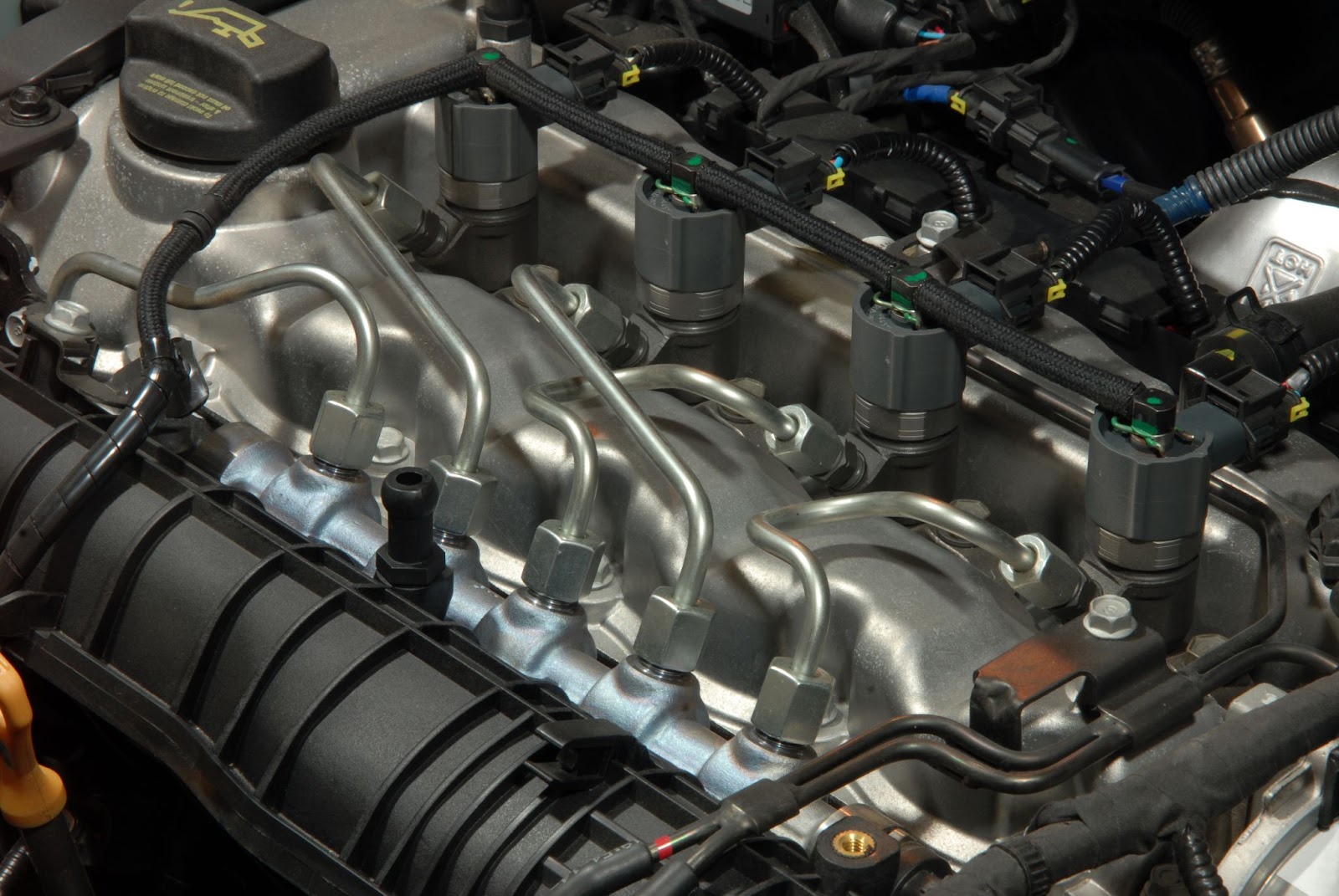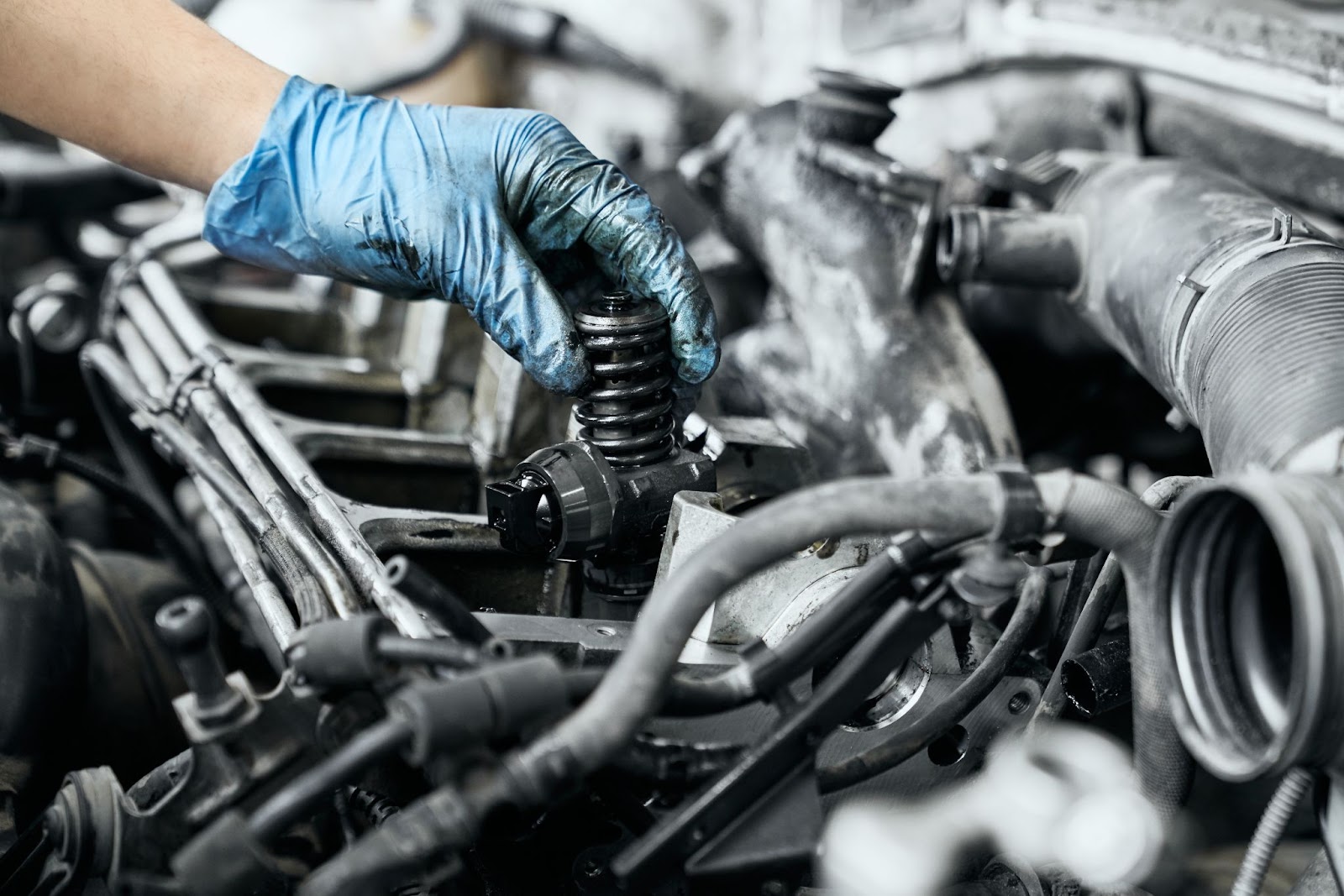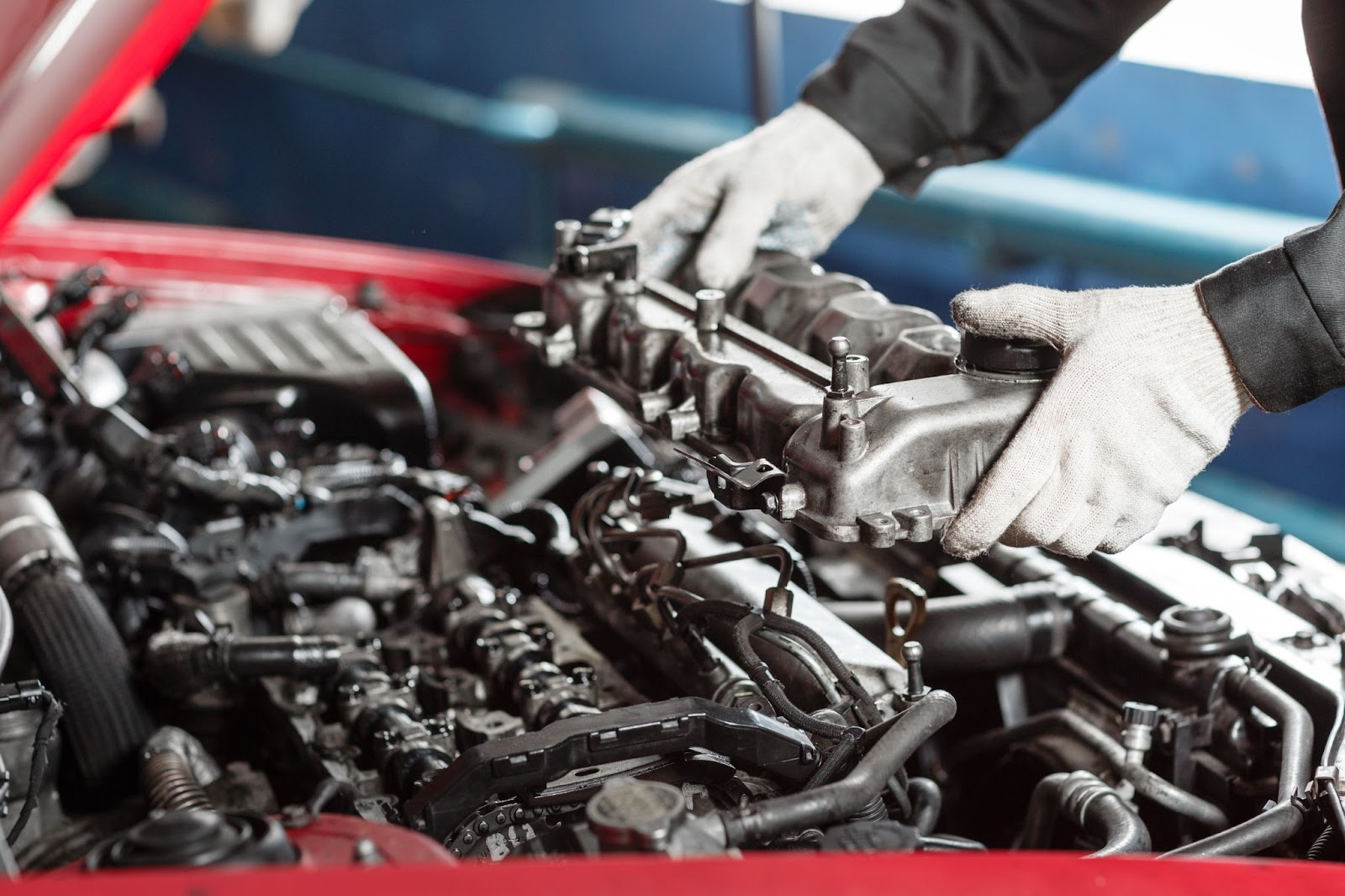Best Enhancements to Help Your Diesel Engine Run Better
Diesel engines have become more prevalent due to their high fuel efficiency and power. However, they can also be quite complex and challenging to maintain. If your diesel engine isn't running at its best, it may be time for some diesel engine performance upgrades!
In this article, we'll cover some of the most common ways that you can enhance your diesel engine's performance.

Things Affecting Diesel Engine Performance
A diesel engine is a complex machine, and there's a lot of undertaking to boost diesel engine performance. Whether the engine's cylinder block or the crankshaft, they will eventually face the inevitable wear-and-tear over time.
To know how the parts work, let us discuss various factors that affect an engine's performance:
Heat Transfer
Heat transfer is the process of heat energy moving from one place to another. It can be transferred by conduction, convection, or radiation.
-
Conduction is heat transfer through direct contact with a solid surface (like touching a hot pan).
-
Convection is the movement of heat by fluid flow (for example, blowing on coffee to cool it down).
-
Radiation is energy emitted as electromagnetic waves that transfer thermal energy between objects in space without physical contact.
Heat exchangers act as conduits for transferring heat away from your engine compartment and cooling system. In cold weather, they draw air heated inside your vehicle over an engine block or radiator fins before it enters your cabin. When you're parked in hot weather, they channel external air over cooling components so they don't get too hot to touch after extended periods without use.
Residual Gas
Residual gas is the amount of unburned fuel left in the engine after it has been shut off. Depending on the type and quality of oil used, residual gas may take up to several hours to burn off. Residual gas can be a significant contributor to poor performance during cold starts, as well as poor fuel economy throughout the day.
You may think removing or burning residual gas is unnecessary because you have already changed your oil filter and drained all of the oil out of your engine. However, residual gas can sometimes get trapped in places you might not expect it like the inside of your piston rings and cylinder walls.
If this happens, all those nasty contaminants will stay there until they finally evaporate through heat or compression pressure from other parts within your engine. At the same time, they wait for combustion (which doesn't happen very often).
Valve Resistance
The first thing to understand about valve resistance is the pressure needed to open and close the valves. The valves should open and close quickly, so if they are harder to open or close than usual, it can cause excessive heat in your engine. This can lead to incomplete combustion, lowering fuel economy, and increasing emissions.
Another reason you want to pay attention to valve resistance is that if a valve sticks due to excessive wear on its stems or guides (the part of your engine that connects them), this could damage other parts of your engine, such as pistons or crankcase bearings.
Valve Timing
Valve timing is the angle at which the valves open and close. As you might expect, you can adjust this to improve fuel economy and power.
Valve timing is crucial for diesel engines because they are more efficient at a lower compression ratio (which means less explosive fuel per cylinder), which requires a different approach to timing than other engines.
Combustion Time
The combustion time is the time it takes for your diesel engine to burn all of the fuel in a cylinder.
The combustion time is affected by many factors, including:
-
The fuel quality: If there are impurities in your fuel, they will increase the time required for complete combustion.
-
How much fuel was injected into each cylinder: If too much or too little enters at once, it will take longer or less time to burn.
-
The temperature of the air and fuel mixture in each cylinder: If it's too hot or cold, it will take longer for the fuel to ignite and burn completely.
Knowing these factors is essential because it affects how much power you get out of each stroke, affecting how fast you can accelerate and decelerate.
Ways to Enhance Your Diesel Engine
There are several ways to enhance your diesel engine's performance, many of which are as simple as adding new parts to the engine and others more complex. Some of these enhancements are found below:

Use Diesel Fuel Additives
Many diesel engine owners use additives to help improve the performance of their engines. There are several different types of additives that you can use, each with its unique benefits.
One type of additive is a fuel additive that improves your engine's efficiency and fuel pump performance by making it run more smoothly without any loss in power.
This type of product allows you to get better mileage from your diesel fuel by ensuring that it burns cleanly and completely. You'll also notice that these products reduce emissions while increasing horsepower and torque over stock levels.
Install Performance Air Filters
A performance air filter is a high-quality cotton gauze that captures dirt and debris. The cotton gauze allows for the engine to breathe freely, which, in turn, improves fuel economy and power (especially when you're driving at higher speeds).
Performance air filters can be washed and reused for years to come, so it's crucial for your vehicle and the environment.
Install Cold Air Intakes
Cold air intakes are a popular modification for diesel trucks, but how do they work? A cold air intake is typically made up of larger tubes connected to the engine's air filter. These tubes direct more cold air from outside into your engine and provide a more significant amount of oxygen for combustion. This allows you to get better fuel economy and power out of your diesel truck, which is why many people choose to install them in the first place.
Installation is pretty simple—you'll need an adapter kit (which functions as an extension tube) and a filter kit (which includes everything else). You'll also need tools like wrenches or sockets to tighten everything down correctly when it's time for installation!
Depending on your vehicle type, there may be some drawbacks associated with getting this type of enhancement added to your car or truck.
Upgrade Your Exhaust System
An exhaust system is all about the flow of gases. The purpose of a properly functioning system is to deliver all unburned fuel out of your engine while keeping harmful emissions inside.
You should always check your car's current exhaust and exhaust gas temperature through an engine control module (ECM). If it's rusted or broken, that's terrible news, and you'll need to replace it immediately.
If your vehicle has an aftermarket muffler installed (or if yours isn't currently equipped with one), then you'll want to look for one made from stainless steel because this will prevent rust from building up inside the pipes over time.
Upgrade Your Diesel Fuel Injectors
Upgrading your diesel fuel injectors will help the engine run more efficiently and reduce pollutants. Injectors are responsible for delivering the correct fuel to the engine at the right time, which is vital in determining how well an engine runs.
When it comes to diesel upgrades, there are three ways you can improve your injectors:
-
Upgrading existing injectors can increase flow rates and efficiency by as much as 10%.
-
Replacing a smaller injector with a larger one will increase flow rates by about 20%, resulting in better combustion and improved power.
-
Replacing an old set of full-throttle/complete load injectors with newer ones (like performance fuel injectors) optimized for high-pressure fuel injection (HPI) operation can provide even more horsepower gains than previously available options.
Try Diesel Tuners
A diesel tuner is an easy-to-install device that you can use to adjust your truck's engine's performance for better mileage, reduced emissions, and more power. There are some drawbacks to using a diesel tuner. However, if you don't know what you're doing when installing it or don't follow the manufacturer's instructions carefully, there could be severe consequences.
Even so, using a diesel tuner has several benefits if done correctly. As long as you have an existing tune that works well for your vehicle (which should come with one), we recommend trying rebuild kits before spending money on something else like injectors or turbochargers because they may not perform as effectively as advertised or shown.
Install a Turbocharger
A turbocharger is a device that compresses air to allow more fuel to be injected into the engine. This extra air enables the motor to burn more fuel and produce more power. Turbochargers are powered by exhaust gases, which may provide additional benefits such as lowering emissions or improving fuel efficiency.
Prioritize Regular Diesel Engine Tune Ups
For most people, the necessity of regular tune-ups is one of those things that's not necessary until it's too late. If you're in this camp, don't worry: we're here to help. Tune-ups are essential for any internal combustion engine, but they're especially critical for Cummins engines .
A diesel engine can last long if properly maintained and serviced by a trained professional. A good mechanic can tell you when your next tune-up is due and what needs attention. However, neglecting these tasks can cause severe damage, leading to costly repairs down the line or even an early retirement from your vehicle.

Purchase Diesel Engine Parts at Heavy Duty Pros
There are a lot of things that can affect the performance of your diesel engine. The good news is that you can fix many of these problems using the right parts and installing them correctly.
If you want to ensure you are properly maintaining your diesel engine, the best thing to do is find a reputable parts supplier. When buying from Heavy Duty Pros, we will ensure that you are getting top-quality parts that are designed specifically for your truck.
We have been in business for several years, and our goal is to ensure that every one of our customers gets the highest level of customer service possible. With our extensive range of engine rebuild kits, you won't have to go through stressful days of endless repairs.
If you are looking for the best engine rebuild kits for your rig, click here now or call 1-888-919-7767, and our engine service professionals will assist you right away!